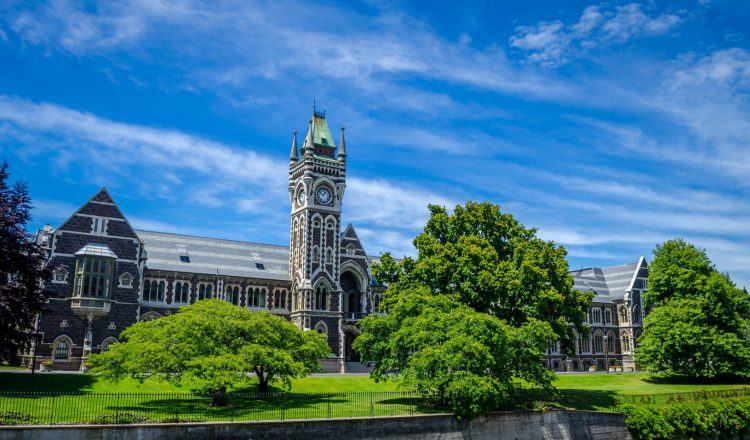About New Zealand Education
Our education system reflects our unique and diverse society. We welcome different abilities, religious beliefs, ethnic groups, income levels and ideas about teaching and learning. We have processes in place to give our students consistent, high-quality education at all levels.
Education in New Zealand is a student-centred pathway providing continuous learning progression choice, so that:
- students progress every year, and
- their learning at one level sets the foundation for the next steps along a chosen pathway.
Early learning helps children to be confident and curious about the world. It helps your child to do better when they go to school, and it helps them develop important skills to become strong, happy, and successful in later life.
Early Childhood Education (ECE) isn’t compulsory but around 96.8% of children attend ECE.
Primary and secondary schools are the second level of education.
Your child’s education is free between the ages of 5 and 19 at state schools (schools that are government owned and funded) if they’re a New Zealand citizen or a permanent resident.
Schooling is compulsory from age 6-16. In the majority of schools, your child can start school on the day they turn 5 years old (they don’t have to wait until the start of a new school year). However some schools have a policy of starting children at school together as a group at the start of each term (cohort entry). Most children stay at school until they’re around 17 years old.
The education system for schools is made up of 13 Year levels. Your child’s primary education starts at Year 1 and goes to Year 8 (around 5-12 years of age). Your child’s secondary education goes from Year 9 to Year 13 (around 13-17 years of age).
Local Schools
Many children go to a school close to where they live. Many schools have an enrolment scheme called zoning. If you live in an area close to a school (the school’s zone), your child is guaranteed to get a place at that school. If you want your child to go to a school outside the area where you live, you may have to apply, and a place isn’t guaranteed. Depending on the schools in your area, you may have the choice to send your child to a single-sex or co-educational school.
State, state integrated and private schools
Most schools in New Zealand are owned and funded by the state (state schools). They teach the national curriculum and are secular (non-religious). State integrated schools are schools with a special character. They are funded by the government and teach the national curriculum. They’ll have their own sets of aims and objectives to reflect their own particular values, and are set within a specific philosophy or religion. You’ll pay compulsory attendance dues. Private schools get some government funding but are mostly funded through charging parents school fees. They develop their own learning programmes and don’t have to follow the national curriculum.
At senior secondary school level students may begin to specialise in vocational learning. They can get help into work or further education from a number of programmes and institutions.
Youth Guarantee
Youth Guarantee courses provide students aged 16–19 with an opportunity to study towards NCEA Level 1-3 or Level 1-3 certificates at tertiary providers free of charge. These courses are usually vocationally focused.
Trades academies
Trades academies teach trades and technology programmes to students in Years 11-13 (ages 15-18). They are run through schools and other providers.
Institutes of Technology
Institutes of technology and polytechnics teach professional and vocational education and training from introductory studies to degrees. Industry training organisations represent particular industries (for example, agriculture, building and construction, motor trade). They offer training and qualifications for those sectors. They funded by the government and industry.
Private training
Private training establishments offer specific vocational courses at certificate and diploma level (for example, travel and tourism).
Universities
New Zealand has 8 state funded universities. Each university offers degrees in a large choice of subjects and has strengths in specialised professional degrees. All of the universities are well recognised internationally. They work with universities in other countries on research and teaching programmes, and with the business community in New Zealand and overseas on research and development.

















































